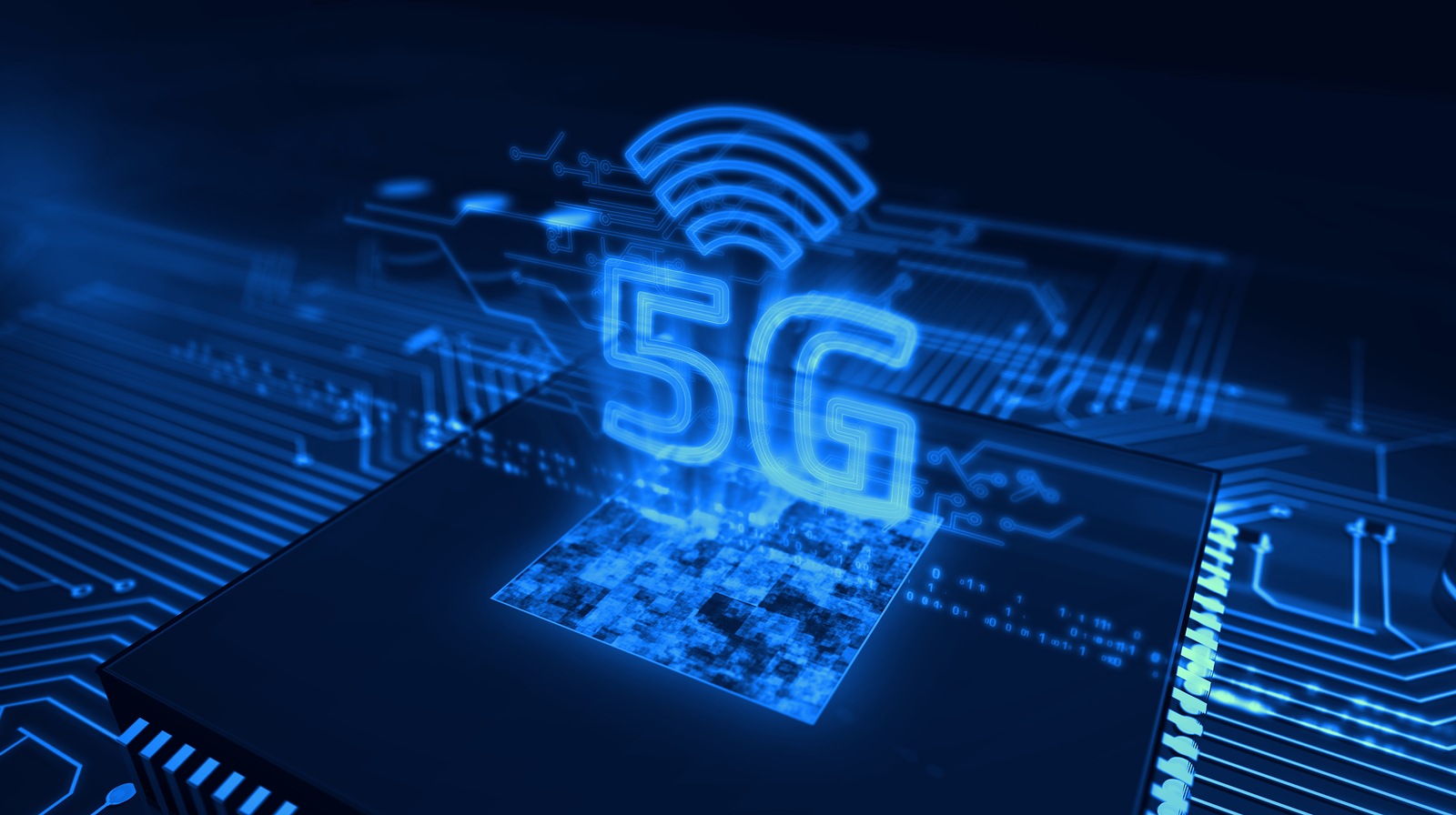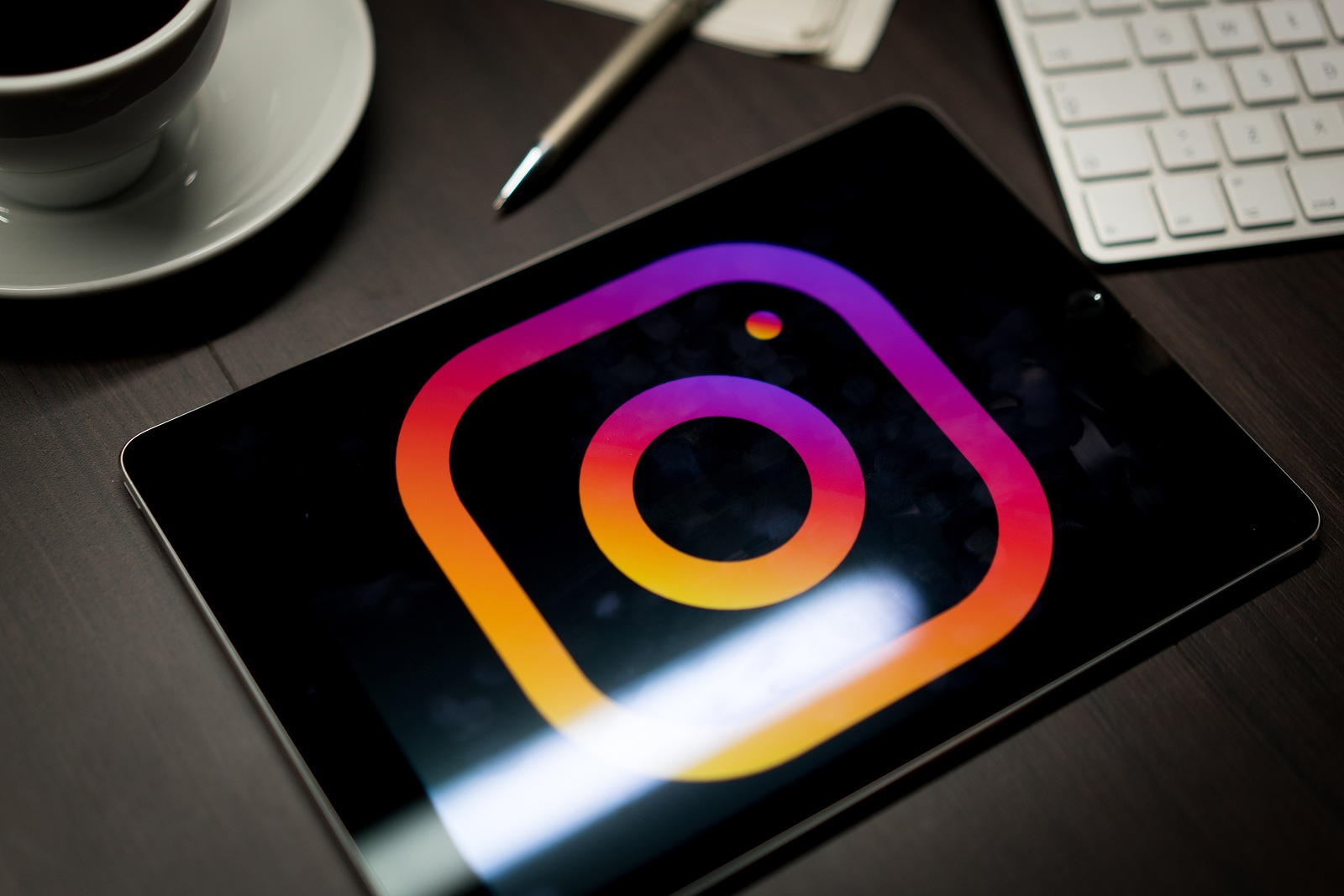Apple plans to equip the iPhone 12 series with 5G support for the first time. According to previous information, Qualcomm will supply the corresponding chip and the antenna module - but Apple seems to be dissatisfied with the latter.
A new report by Fast Company According to reports, Apple is said to have designed the required 5G antenna module for the iPhone 12 itself because it is "averse" to Qualcomm's version. The platform claims to have learned this from a source familiar with the matter. The QTM 525 5G millimeter wave antenna module designed by Qualcomm is said not to fit into the slim design of the new iPhone 12. While the 5G antenna could now come from Apple, Qualcomm is said to be supplying the necessary 5G modem chip as planned - according to the report.
Apple is working on backup iPhone
But the company is also working on another iPhone design that can use both the Qualcomm modem and the antenna module. According to the source, this iPhone model is planned as a backup. But if Apple is forced to introduce this replacement device as the iPhone 12, the iPhone 12 would be thicker than planned. At the same time, Fast Company reminds us in its own report of Apple's problems with its own antennas. The iPhone 4 already used an antenna design from Apple, which led to calls being dropped and other problems as soon as the iPhone was held incorrectly. According to the source, the new antenna design designed by Apple is less efficient because it would require twice as much power as comparable antennas to generate the same amount of radio signals.
5G antennas are difficult to design
According to the insider, developing a 5G antenna for mmWave networks is more difficult overall than designing other antenna modules because they send and receive higher frequency signals and therefore leave less room for error. The antenna design itself also plays a major role in 5G performance. But it's getting more concrete. The iPhone 12 series will use the so-called "phased array" antenna consisting of two parts. Both elements form a common radio signal - the source explains to Fast Company. But that could become problematic if the antenna and the modem are supplied by two different companies.
Licenses as a reason for more independence
Apple wants to rely more on its own components, and not just for design reasons. The company is aiming to use as few Qualcomm parts as possible in the iPhone, the source reveals. This is about the well-known issue of licenses. According to earlier rumors, Apple is already working at full speed on its own modem chips, which are to be installed in future iPhones, as the company wants to be independent in this area too. For this purpose, the Cupertino-based company has acquired Intel's Modem division acquired in 2019The new premium iPhone series will probably be introduced in September 2020 – everything we know about the iPhone 12 so far can be found in our extensive Summary. (Photo by Skorzewiak / Bigstockphoto)





